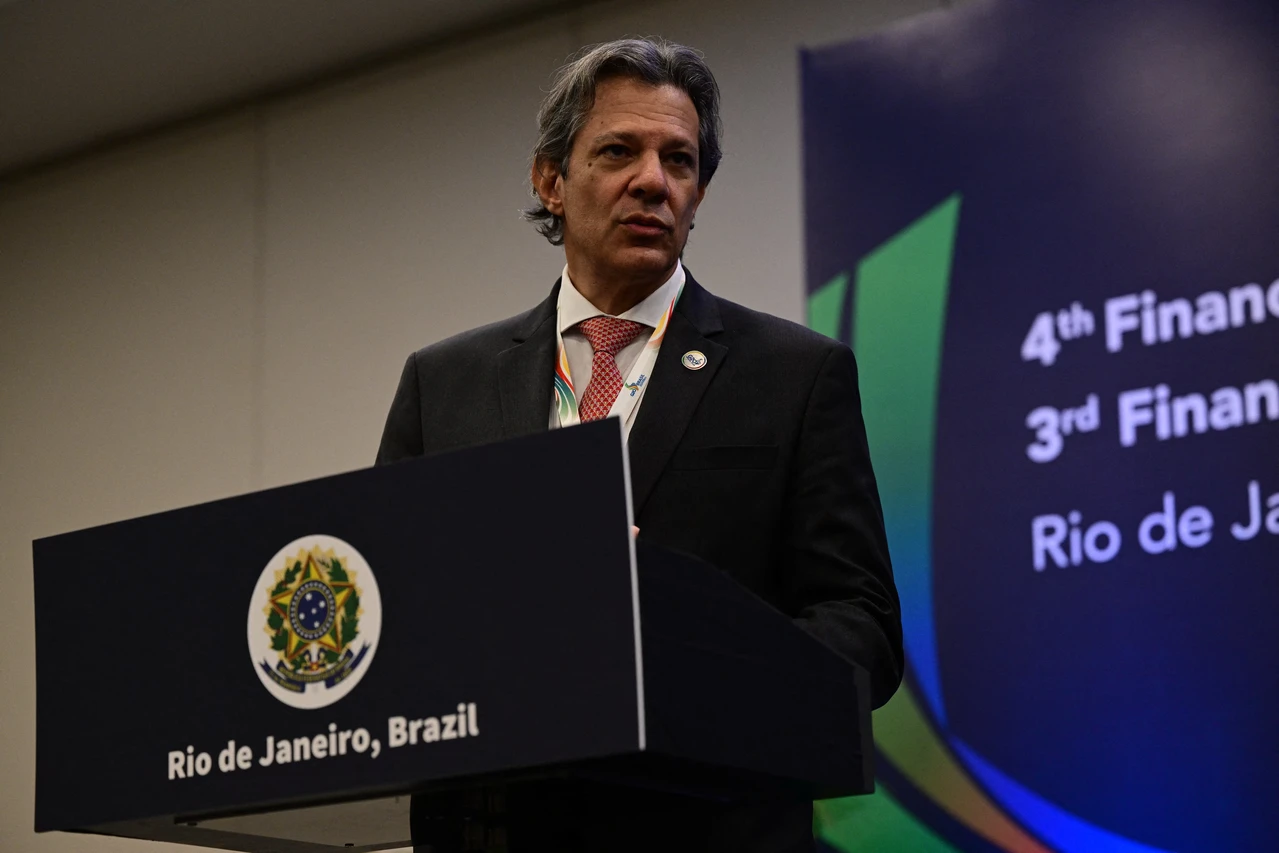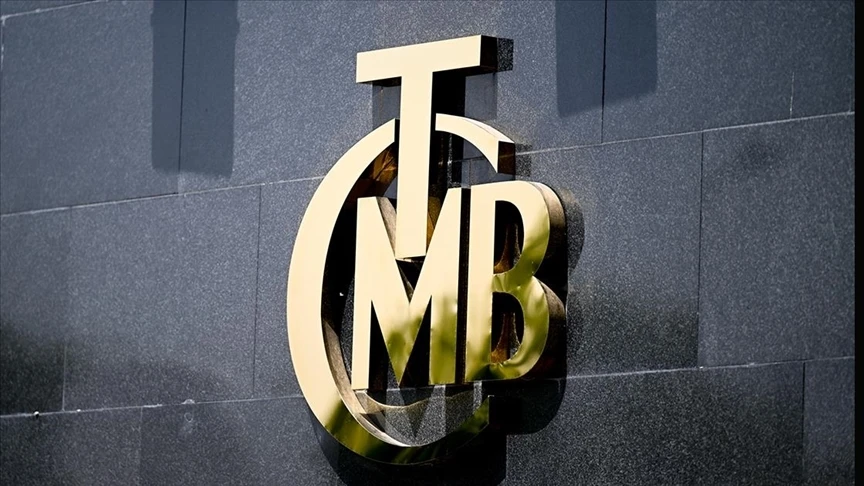G20 Finance Ministers discuss super-rich tax amid climate crisis talks
 Brazil's Economy Minister Fernando Haddad speaks after signing an agreement during the G20 economic ministers' meeting in Rio de Janeiro, Brazil, on July 26, 2024. (AFP Photo)
Brazil's Economy Minister Fernando Haddad speaks after signing an agreement during the G20 economic ministers' meeting in Rio de Janeiro, Brazil, on July 26, 2024. (AFP Photo)
G20 finance ministers are set to address international cooperation on taxing the super-rich, with an expected deal in Brazil urging individual nations to strengthen their own measures. This initiative is a priority for Brazil’s President Luiz Inacio Lula da Silva, who leads the G20 this year, comprising the world’s major economies, the European Union, and the African Union.
On Friday, ministers will discuss financing climate transition and debt, but the two-day meeting in Rio de Janeiro has been dominated by efforts to prevent billionaires from dodging taxes. These discussions will shape talks for the G20 summit on November 18 and 19.
Despite Lula’s push for a minimum tax on the wealthy elite, a likely compromise will call for countries to enhance their own tax measures instead of reaching an international agreement. The United States and Germany have dismissed the need for a global deal on taxing billionaires, a stance opposed by France, Spain, South Africa, Colombia, and the African Union.
Brazil’s Economy Minister Fernando Haddad expressed optimism, stating that a final declaration on Friday would mark a “first step.” This communique will incorporate the “Brazilian proposal to start looking at international taxation, not only from the point of view of companies but also from the point of view of individuals called the super-rich.”
A draft of the declaration seen by AFP indicates G20 members will “seek to engage cooperatively to ensure that ultra-high-net-worth individuals are effectively taxed.” The draft underscores that “wealth and income inequalities are undermining economic growth and social cohesion and aggravating social vulnerabilities.”
French economist Gabriel Zucman, who authored a report on taxing the rich, welcomed the emerging consensus among G20 countries on the need to fix taxation of the super-rich. Nobel Prize-winning economist Joseph Stiglitz called for coordinated minimum standards by November, emphasizing, “Now it is time to go further.”
Camila Jardim of Greenpeace Brazil highlighted the climate crisis’s financial impact, expected to cost trillions annually, stating, “It is outrageous to expect that the regular taxpayer should pay for it, while the super-rich evade taxes.”
In parallel to the tax discussions, U.S. Treasury Secretary Janet Yellen and Brazilian Economy Minister Haddad announced a new partnership on climate protection. This development reflects the G20’s expanding focus from economic issues to broader global challenges, despite internal divisions among member states, including Russia’s involvement.
The last finance ministers’ meeting in Sao Paulo failed to produce a joint statement due to these divisions. Brazil aims to publish three texts after the current meeting: a joint final communique, a document on “international cooperation in tax matters,” and a separate communique from Brazil addressing geopolitical crises, according to Tatiana Rosito, a senior official at the country’s economy ministry.



